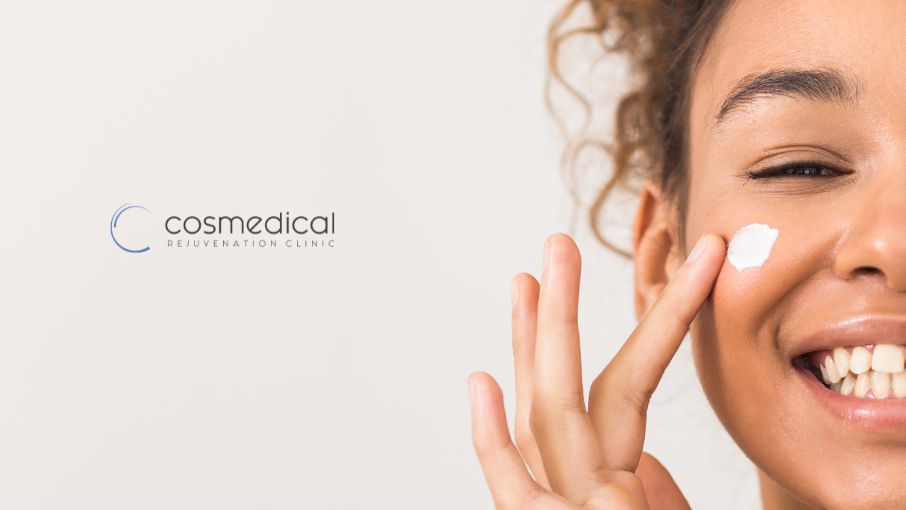
Choosing the Right Skin Moisturizer
Selecting the right skin moisturizer is a task that demands a thoughtful understanding of your skin type, the moisturizer's composition, and the potential interaction between the two. While it may seem daunting, scientific research has provided some clear guidelines to help you determine the ideal skin moisturizer that will keep your skin glowing all year round.
Firstly, understanding your skin type is crucial. In an article that was published in the International Journal of Cosmetic Science, scientists categorized skin types as normal, dry, oily, combination, or sensitive. Each type has unique characteristics and needs and thus requires different care to keep it healthy.
Normal skin typically has a good moisture and oil balance, indicating healthy hydration levels. Nevertheless, it can still benefit from a light, non-greasy moisturizer to maintain this balance. On the other hand, people with dry skin lack enough natural oils or lipids, leaving their skin prone to flaking and itchiness. The American Academy of Dermatology recommends using oil-based moisturizers or creams that contain humectants, such as hyaluronic acid or glycerin, which attract moisture to the skin.
Oily skin, distinguished by an overproduction of sebum, might seem like it doesn't need moisturizer, but this is a common misconception. Skipping moisturizer can cause your skin to create even more oil to make up for the lack of hydration. Instead, opt for water-based, non-comedogenic moisturizers that provide hydration without clogging pores. Clogged pores can lead to acne, developing into worse conditions such as cellulitis.
For those with combination skin, a mix of dry and oily areas, using different moisturizers for different areas could be beneficial. Lightweight, water-based moisturizers can be used for oily areas, while thicker creams or ointments may be suitable for drier spots.
Sensitive skin can react adversely to certain ingredients, causing redness, rash, or inflammation. The Journal of Clinical and Aesthetic Dermatology advises using hypoallergenic and fragrance-free moisturizers to minimize potential skin irritation.
Once you've identified your skin type, scrutinizing the ingredients of a moisturizer becomes essential. Key ingredients to look out for include emollients like fatty acids and ceramides that help fill gaps in the skin cells and provide a smooth surface; humectants, like glycerin and hyaluronic acid, that draw water into the outer skin layer; and occlusives like petrolatum and lanolin that provide a layer on the skin to slow down water loss.
Another factor to consider is the environment. The British Journal of Dermatology states low humidity and cold temperatures can exacerbate skin dryness. A heavier moisturizer could provide additional protection if you live in such conditions.
In cold weather, the right ingredients can significantly affect your moisturizer's effectiveness. Emollients like jojoba oil and shea butter can help soften and smooth the skin, filling in tiny cracks caused by dryness. Glycerin, a powerful humectant, attracts moisture from the air to the skin, helping it stay hydrated. Occlusives like lanolin and mineral oil form a protective layer over the skin to reduce and prevent moisture loss. Lastly, ceramides help to restore the skin's natural barrier, promoting long-term hydration and protection against harsh winter elements. These ingredients work in tandem to keep your skin moisturized, plump, and healthy during cold weather.
Lastly, remember that something other than what works for one person might work better for you. As a study in the Journal of Dermatological Science highlighted, genetic factors play a significant role in determining skin type and how it responds to various products. So, while recommendations are helpful, trial and error might be necessary to find the best fit.
The key to finding the right moisturizer lies in understanding your skin type, taking note of the moisturizer's ingredients, and considering your environmental conditions. It's a science that is worth mastering for the sake of your skin's health and well-being.
Call (647) 493-8177